During his adult life, Uli Chi has lived and worked in the intersection between business, the academy and the church. He has had the privilege of serving as past Board Chair of Regent College in Vancouver, BC, as current Vice Chair of the Board of the Max De Pree Leadership Center at Fuller Seminary, and as current Chair of the Executive Committee of the Center for Integrity in Business at Seattle Pacific University. He has also been involved in all aspects of local church leadership, including as a member of the adult ministries team’s teaching faculty at John Knox Presbyterian Church in Seattle.
Click here to view Uli's profile.

Good Leaders Gone Bad: Recovering Leaders
Jesus startles with his vision of human leadership. It’s hard to imagine leadership more radically different from what people have envisioned or practiced throughout human history. In a world where “the greatest among you will be the greatest among you,” Jesus teaches that “the greatest among you will be your servant.”
Read Post
Good Leaders Gone Bad: Prestige, Perks, and the Problem of Glory
Whether we like it or not, being a leader brings recognition. Like success itself, recognition isn’t necessarily a bad thing. Still, it’s easy to fall in love with both. It’s difficult to hold leadership, particularly its successes and rewards, lightly.
Read Post
Good Leaders Gone Bad: Show or Substance?
Leadership that focuses on merely external results leads to personal and institutional self-absorption. Progressively, we become less interested in the people and communities we are called to serve… We become less concerned about whether what we are doing is good, and more concerned about whether what we are doing is great.
Read Post
Good Leaders Gone Bad: Slavery or Freedom?
In my experience, good leaders have high expectations. That’s true not only in entrepreneurial settings or established for-profit businesses, but also in thriving non-profits and churches. Still, a high commitment leadership culture can come at a price… So what underlies the turn from good leadership to bad in the area of high expectations? Where do we cross over from legitimately expecting much of ourselves and others to placing “heavy, cumbersome loads” on them?
Read Post
Good Leaders Gone Bad: Introduction
What causes good leaders to go bad? How do people who take God seriously, sometimes with the best of intentions (sometimes not), cause damage to the organizations they lead? What might Jesus’s teachings in his day have to say to us in our day about the critical ways in which we as leaders come to “behave badly”? And, perhaps most importantly, what is Jesus’s remedy?
Read PostReimagining Human Work, Part 2
So what has been forgotten and lost? What can we learn from an older, biblical vision of human work? In today’s text, Paul picks up the original creation story imagery of human work as gardening. While Paul didn’t work in an actual garden, he saw his gospel work imaginatively within that framework.
Read Post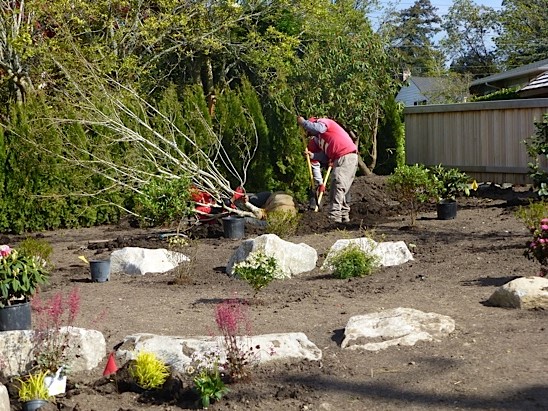
Reimagining Human Work, Part 1
As any gardener knows, while we can plant, fertilize, weed and water, there is another sense in which a garden grows entirely independent of us as human beings. Gardening reminds us that God is the one who is the author and sustainer of life. While we can participate with God in the work of the garden, no gardener I know has any illusions that they “make the garden happen” by themselves.
Read Post
The Greatest Commandment: Shaping Work and Identity
What in your journey might you use to recollect who you are and what you are called to do in your work of leadership? Perhaps it’s a photo, a piece of artwork, a book, or a saying. How might you find a place in your workspace for such a reminder?
Read Post
The Greatest Commandment: Leaving a Legacy of Integrity
Leadership, for those of us who take the Bible seriously, means connecting our voice with our touch. What we say and how we act are meant to be congruent with one another. Today’s text reminds us that the commandment to “Love the LORD your God with all your heart, and with all your soul and with all your might,” is intended not only for us but for those who follow us –
Read Post
The Greatest Commandment: Living an Integrated Life
If the Parable of the Sower is about how to listen faithfully, today’s Scripture is the foundational text of what we are to hear. Mark Roberts has written a series of Life for Leaders devotionals on Jesus’ quotation of this text and how it might relate to our work as leaders. I want to add to Mark’s reflections from my own perspective.
Read Post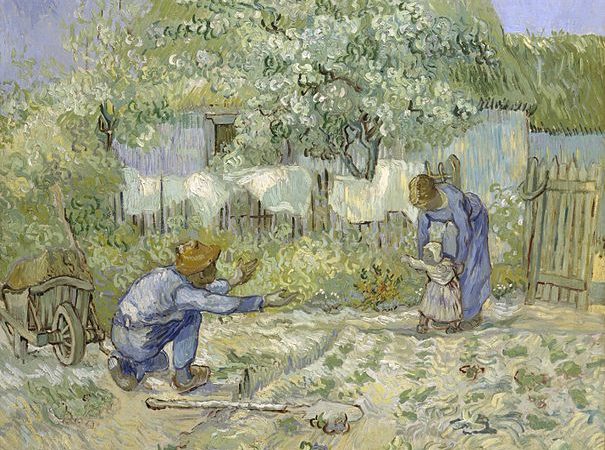
Parable of the Sower: Weeding Out Distractions
In Jesus’ explanation of today’s text, he cites “the cares of the world, and the lure of wealth, and the desire for other things” (Mark 4:19) as impediments that keep us from attending to our leadership vocation. It’s easy to hear these as bad, perhaps even immoral, diversions. No doubt, morally compromising temptations exist in every leadership setting. But, I’m not sure that’s all that Jesus meant.
Read Post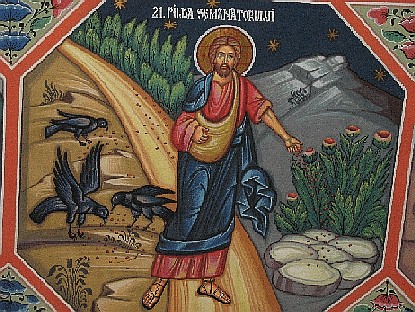
Parable of the Sower: Going Deep in an Age of Appearances
Seeds need three conditions to grow: light, nutrients and water. In Jesus’ Parable of the Sower, there are plenty of seeds and more than enough sunlight. In today’s text, the question is whether there is sufficient soil and adequate moisture for the seed to flourish. And, soil and moisture seem to be interrelated.
Read Post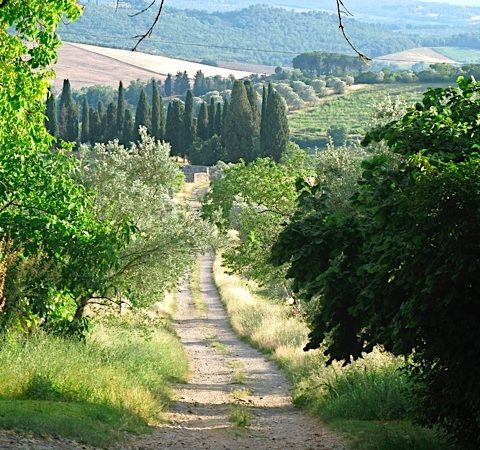
Parable of the Sower: Pay Attention to What Matters
We have been looking at Jesus’ seminal Parable of the Sower in the context of our work as leaders. In my last reflection, I noted that a Christian vision of human leadership is one where that leadership originates as a gift from outside us. More particularly, truly human leadership is a vocation. Someone else – God – calls us to our work and provides us the necessary gifting to carry out that work. In the language of Jesus’ parable, there is “a sower (who) went out to sow (seed).” (Mark 4:3)
Today’s text explores our response.
Read PostAnnual Personal Review
As we come to the end of another year, I’d like to suggest that it’s a good time for an annual personal review – a chance to reflect in-depth about the past year and to see how God has been and might yet be at work in our life and work. Psalm 32 is a great foundational text for such a reflective process.
Read Post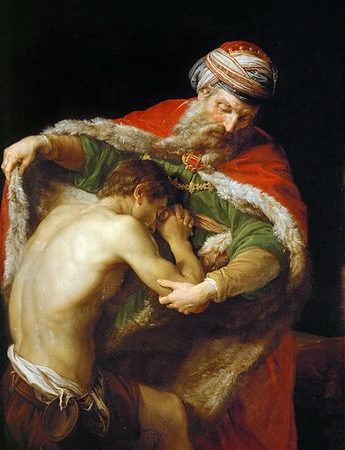
Vocational Gratitude: Consummation
The Christian narrative reminds us that God is the ultimate authority in the universe. As the first half of today’s text declares, “The Lord is King!” But what kind of power figure is this God?
Read Post